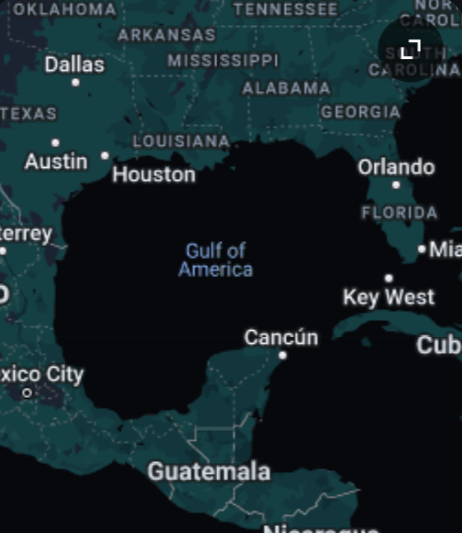Bonne journée; Travel opportunities for French students
February 10, 2022
Known for its “rich settlement history, its predominantly French-speaking population, and its robust tourism industry[,]” claims Hey Explorer, Québec, Canada has made its mark as the location of which a handful of French students will journey to.
Junior Julia Eakes has taken French for three years and will be a participant on the trip. Throughout this time, she says that the class has given her “a lot of opportunities to learn about new culture and different foods[.]” By beginning the language freshman year, Eakes was given “the awesome opportunity to travel […] this summer[.]”
With a total of three years of high school and one year in middle school, Gray Korczak will be another member of the expedition. The time spent immersing themself in the culture has given them “the ability to communicate and form relationships with people in other countries.”
French teacher Larissa Arist announces that the members of the outing will be away from “June 20-24″ and they will be taking both an airplane and a coach bus. She informs that there will be “25 students from NHHS and 25 students from [Bel Air High School]” attending.
However, there will be several cultural differences that will define the adventure as “a cultural experience not like classroom learning,” says Eakes. Not only is the language “primarily French,” claims Gray, which can be difficult to comprehend at fast paces, but there are also “differences in food and mannerisms.” Arist states that the language barrier will be the most challenging for the pupils.
Intentions of having “a fun experience to go with [their] friends to a new place with an interesting culture” is what initially drew Korczak to reserve a spot for themself. After hearing the list of activities the participants would partake in, Eakes states that she found herself intrigued by the offer.
During the students’ time in Canada, Arist says, they will be “[site] seeing, whale watching, biking, eating,” and overall “general merriment” pastimes. According to Capture the Atlas, people are “most likely to see different types of whales in Québec if [they] travel between May and October,” meaning the pupils should expect plenty of these mammals.
Korczak encourages kids to travel because it “gives [them] the chance to learn about other cultures, meet new people, and have fun with [their] friends [and] classmates.” Eakes agrees with this and adds that these chances should always be taken because “you never know when this kind of opportunity will present itself again.”
Due to the trip being unaffiliated with the school, the excursion was “arranged with a student travel company outside of the school year,” informs Arist. This location was chosen, the teacher comments, because it is “closer than France and[,] with all the [COVID] restrictions currently in place, it’s much easier to plan.”
















